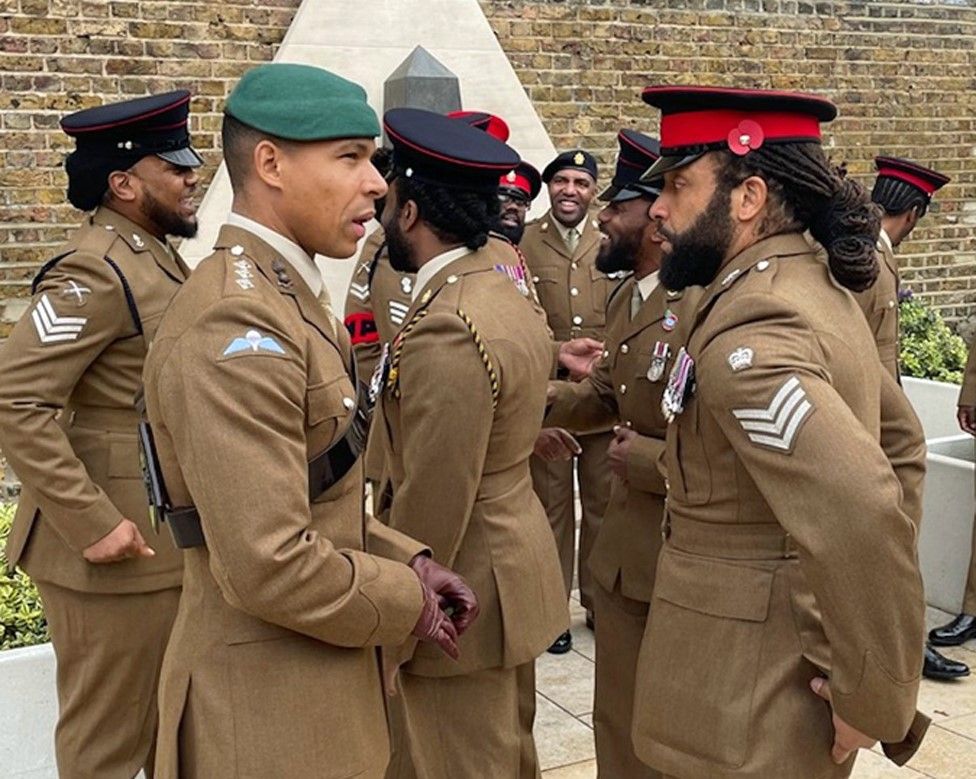MrRING
Android Futureman
- Joined
- Aug 7, 2002
- Messages
- 6,053
Rastafarian religion seems like an interesting phenomenon - is it considered a mainstream religious body, a spiritual movement, or a cult? Here is a great site on the subject:
http://www.rasta-man.co.uk/religion.htm
And here is a current article talking about current adherants:
http://news.yahoo.com/news?tmpl=story&u=/afp/20050204/lf_afp/afplifestyleethiopia_050204171153
And this site ties it to the teachings of Marcus Garvey:
http://www.rism.org/isg/dlp/ganja/analyses/Garvey&Rasta.html
http://www.rasta-man.co.uk/religion.htm
The Rastafarian religion originated in Africa. It is often associated with the poorer black population of Jamaica. It is not just a religion, but a way of life. Rastafarians speak out against; poverty, oppression and inequality.....not just religious ideas but global problems. Rastafarians will use the Holy Piby, the Kebra Nagast and the Bible (interpreted with a Rasta soul) for guidance.
The prime basic belief of the Rastafarians is that Haile Sellassie is the living God for the black race. Sellassie, whose previous name was Ras Tafari, was the black Emperor of Ethiopia. Rastafarians say scriptures prophesised him as the one with "the hair of whose head was like wool (the matted hair of I black man), whose feet were like unto burning brass (I black skin)".
Haile Sellassie was reported dead, Rastas do not believe it. They believe it was a trick of the media to try and bring their faith down. Rastafarians believe that Haile Sellassie I has trodded on to the perfect flesh, and sits on the highest point of Mount Zion where He and Empress Menen await the time of judgment.
The Lion of Judah represents Haile Sellassie, the Conqueror. It represents the King of Kings as a lion is the king of all beasts. Sellassie wore a Lion of Judah ring that was given to Bob Marley at the time of Sellassie's reported death.
Babylon is the Rastafarian term for the white political power structure that has been holding the black race down for centuries. In the past, Rasta see that blacks were held down physically by the shackles of slavery. In the present, Rasta feel that blacks are still held down through poverty, illiteracy, inequality, and trickery by the white man.
One of the more obvious symbols of the Rastafarians are colours. These are red, gold, and green. The colour red stands for the Church Triumphant which is the church of the Rastas. It also symbolises the blood that martyrs have shed in the history of the Rastas. The yellow represents the wealth of the homeland. Green represents the beauty and vegetation of Ethiopia, the promised land. Sometimes black is used to represent the colour of Africans, to whom 98% of the Jamaicans are descended
Ganja, is used for religious purposes for Rastafarians. The use of this herb is extensive among the Rastas not only for spiritual purposes as in their Nyabingi celebration, but also for medicinal purposes. The dreadlocks on a Rasta's head are symbolic of the Lion of Judah.
Here is a short list of some important dates;
23rd July - celebration of the birth of Tafari Makonnen (Haile Sellassie)
17th August - Birth of Marcus Garvey
27th August - The reported death of Haile Sellassie I........a celebration that he lives on within our spirits.
11 September - Ethiopian new year
2nd November - Anniversary of the crowning of Ras Tafari Makonnen - Emperor Haile Sellassie I Power of the Holy Trinity, Two Hundred and twenty-fifth Emperor of the Solomonic Dynasty, Elect of god, Lord of lords, Negus Negast kings of kings, Conquering lion of the tribe of Judah )
And here is a current article talking about current adherants:
http://news.yahoo.com/news?tmpl=story&u=/afp/20050204/lf_afp/afplifestyleethiopia_050204171153
And this site ties it to the teachings of Marcus Garvey:
http://www.rism.org/isg/dlp/ganja/analyses/Garvey&Rasta.html




